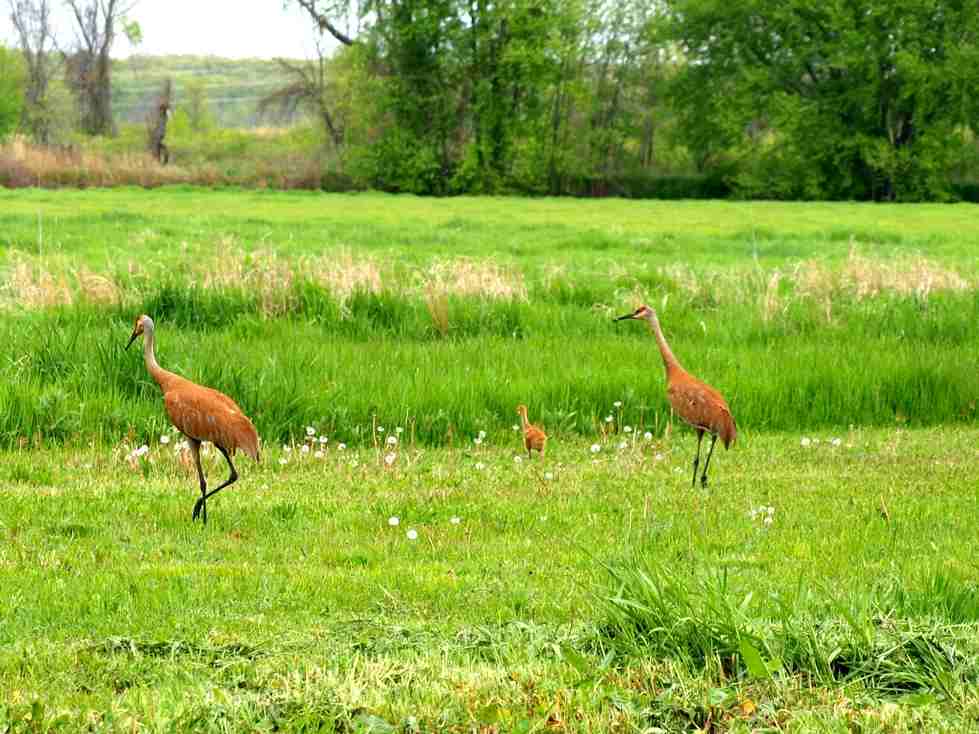Lower Muskegon River Reconnection Project
The Bosma property adjacent to the lower Muskegon River has a land use history ranging from celery farming to oil and gas exploration. The site is being considered for restoration and hydrologic reconnection to the River to improve fish and wildlife habitat. AWRI will conduct a series of studies at the site to advise land managers during this process.
Due to the property’s agricultural history, it’s possible that the soils here have high amounts of phosphorus (P), which may be released during flooded conditions. Additionally, the site is known to have sulfate contamination from a nearby coal-fired power plant. P can bind to iron in sediments under oxygenated conditions, which prevents the P from being released into the water column; however, iron prefers to bind with sulfate when it’s available instead of P, allowing P to diffuse out of sediments and into the water column where it may ultimately enter Muskegon Lake.
[1464974295].jpg)
Sediment cores are sampled throughout the property.
AWRI currently monitors nearby Muskegon Lake, which is meeting target goals of low P concentrations for Area of Concern (AOC) delisting, and Bear Lake, which is not. If the Bosma site is flooded and reconnected to the Muskegon River, the site could become a source of P to Muskegon Lake and increase the lake’s P concentration, leading to undesirable water quality and making it more difficult to delist as an AOC.

Sandhill cranes at the Bosma property. Photo credit: Ken Bosma.
Our lab will assist with restoration plans at the Bosma property with field and lab projects:
- A field survey will measure P and sulfides in sediments.
- Laboratory studies will determine sediment Equilibrium Phosphorus Concentrations (EPC), fractionate sediments to assess what metals are binding to P, and measure P (and S) release from soil core wetting experiments with Muskegon River water to mimic hydrologic reconnection.
This information will help inform the appropriate restoration design, and also ensure that in the process of creating critical fish and wildlife habitat in the Muskegon Lake AOC, we don't simultaneously and inadvertently threaten water quality.
Funding for this project is provided by National Oceanic and Atmospheric Administration (NOAA).
Project Partners: West Michigan Shoreline Regional Development Commission, Michigan State University
AWRI Contacts:
Al Steinman, AWRI Project Manager: [email protected]
Mike Hassett, Lead Technician: [email protected]
Carl Ruetz, Fish and Invertebrate study: [email protected]

